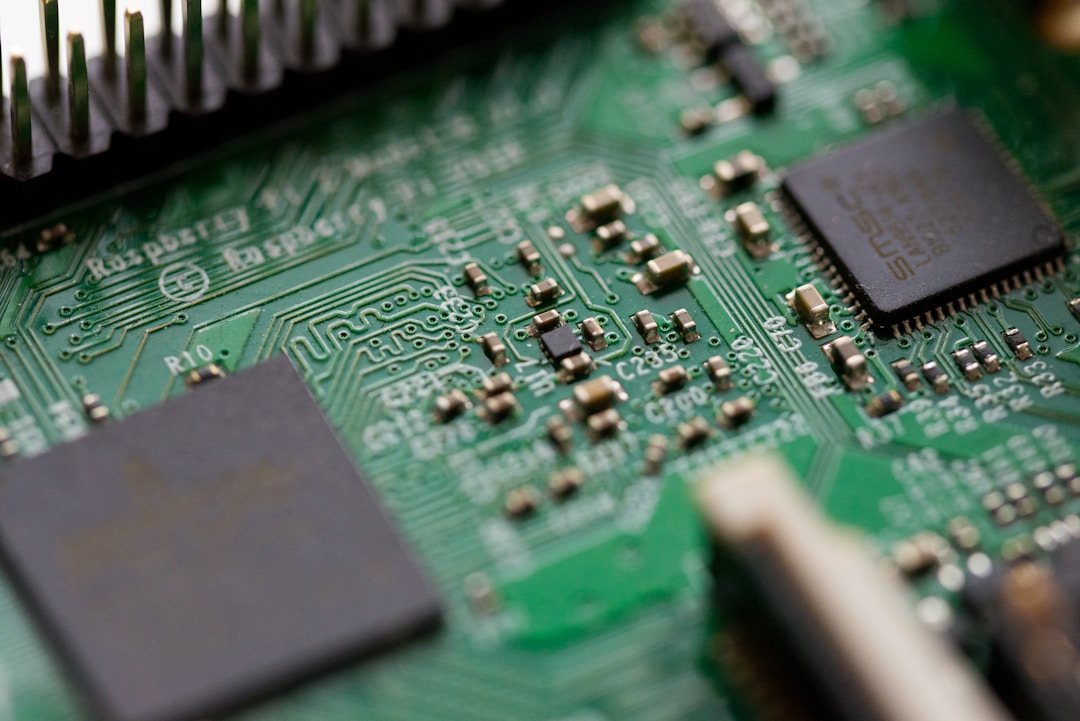The electronics industry is an industry that’s expanding rapidly thanks to the many advancements in our technology. This industry is the reason why we have so many useful gadgets in our homes, cars, work, and all around us. Some of these gadgets include mobile devices and televisions and all the electronic components inside such as a circuit board and resistors.
Many people are unaware of the magnitude of this industry, so let’s break it down.
What are electronics?

Electronics is the conceptualization of electrical circuits and components that materialize as electronic systems. It’s made up of technology, engineering, physics, and applications that involve the control of electrons. These devices come in many shapes and forms as mentioned before and usually have a semiconductor at the center of it all. Semi-conductors like silicone are used in the manufacturing of different kinds of electronic devices like diodes, transistors, and integrated circuits. Integrated circuits are basically the brains of your electronics—they send signals to the necessary parts within the component to achieve a specific task.
What is the electronics industry?
The electronics industry involves the design, manufacture, repair, maintenance, and destruction of electronic devices and technology. For instance, there are companies that manufacture electronics like robotics, VR games, smart devices, and TVs. Likewise, there are companies like Zach Mottl Atlas Tool that manufacture products for telecommunications and electronics industries such as card cages, chassis, covers, brackets, rack-mount accessories, and bus bars. Their comprehensive services include fabrication, machining, kitting, and assembling.
What jobs are in the electronics sector?

There is almost an infinite number of jobs in the electronics industry. For instance, you can work as an engineer designing the next generation of mobile devices, an assembler in a manufacturing line for semiconductors, and even a tester for electronic devices in electromagnetic laboratories.
Likewise, you can become a professional like a Wylie electrician to fix your community’s issues with their wiring systems and fixtures in their buildings and homes. Electricians are in charge of ensuring the electric piping complies with the electrical codes and will install circuit breakers along with other hardware where it’s required. Also, they’ll fix lighting issues as well as read technical blueprints and documentation. They can work for private companies, the government, and themselves as freelancers to make an extra income on the side.
What education do I need to work in the electronics industry?
To work in this industry, you’ll need to have thorough training in the subject as well as a college degree. A job in the electronics industry can be as daring as fixing cellphone towers or as sedentary as designing the racks where the circuit boards go on a spaceship in a 3D program. There are also many things in between that require a degree in electronics or any related field.
For instance, you can get a bachelor’s degree in computer engineering and work for an aerospace company programming semiconductors. Additionally, you can gain a master’s degree in project management in engineering to oversee the projects being worked on by your electronics teams.
What is the job outlook in the electronics sector?

As technology advances, so do electronics. Semiconductors are smaller each day and nanotechnology is on the rise. The electronics industry has a good outlook for jobs in the field as many people will still be needed to design, program, maintain, and launch these devices. There are still many things to discover that will lead to the generation of more electronics solutions that can involve machine learning, artificial intelligence, and other advanced technology. The electronics industry’s job outlook from 2020 to 2030 has an increase of around seven percent according to the U.S. Bureau of Labor Statistics, meaning it will continue growing as fast as the average job in the market.

